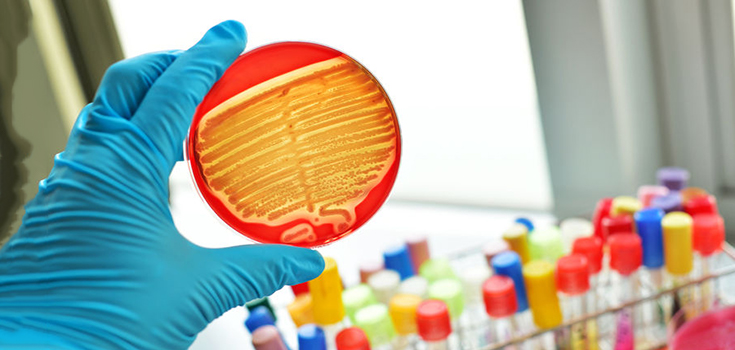Scientists Modify Antibiotics to “Rip Apart” Superbugs in Minutes
by Mike Barrett, Natural Society:
 In the fight against antibiotic resistance, it’s all hands on deck. The clock is ticking and superbugs are spreading, but drug companies are reluctant to create new antibiotics because they’re not money-makers. Researchers may have found a way around that problem by modifying already-existing antibiotics to make them “blow up” deadly superbugs.
In the fight against antibiotic resistance, it’s all hands on deck. The clock is ticking and superbugs are spreading, but drug companies are reluctant to create new antibiotics because they’re not money-makers. Researchers may have found a way around that problem by modifying already-existing antibiotics to make them “blow up” deadly superbugs.
University College London (UCL) researchers have found that antibiotics can kill drug-resistant bacteria with sheer brute force – by “pushing” hard enough into bacterial cells. They’ve documented their findings in Nature.
Lead author Dr Joseph Ndieyira, of UCL Medicine, says:
“Antibiotics work in different ways, but they all need to bind to bacterial cells in order to kill them.
Antibiotics have ‘keys’ that fit ‘locks’ on bacterial cell surfaces, allowing them to latch on. When a bacterium becomes resistant to a drug, it effectively changes the locks so the key won’t fit any more.
Incredibly, we found that certain antibiotics can still ‘force’ the lock, allowing them to bind to and kill resistant bacteria because they are able to push hard enough. In fact, some of them were so strong they tore the door off its hinges, killing the bacteria instantly!”
Read: 84-Page Report Outlines 9 Ways to Beat Antibiotic Resistance
Researchers used sensitive equipment to measure mechanical forces that 4 different antibiotics exerted on bacterial cells, according to a news release. They tested bacteria that were particularly susceptible to antibiotics and bacteria that had become resistant to drugs. The forces the antibiotics exerted on susceptible bacteria were all similar, but the forces exerted by the drugs on resistant antibiotics varied greatly.



